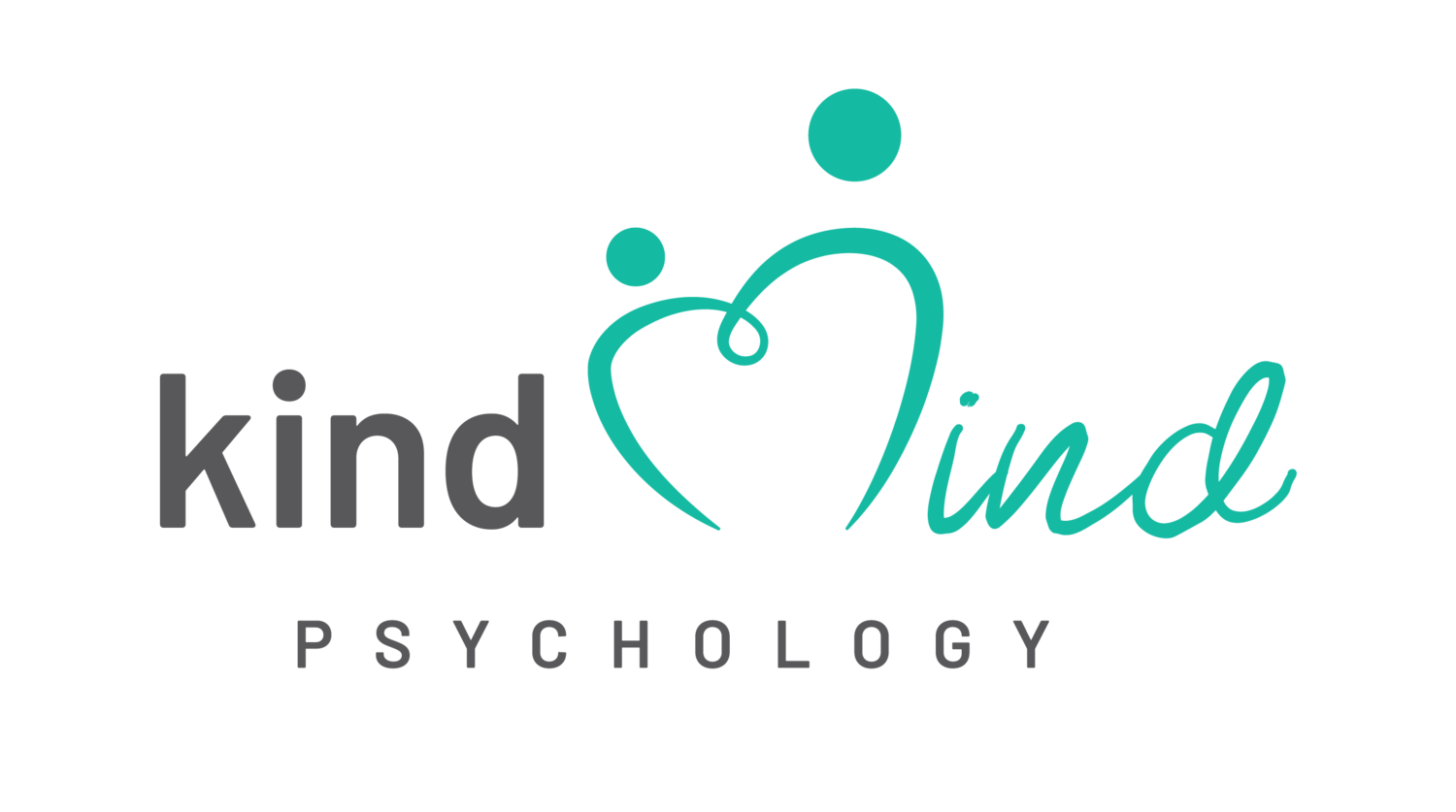The ‘inner child’ in us all
From birth, our parents or caregivers, we hope will provide us with ‘good enough’ support to meet our core needs guiding into healthy functioning adults. If however these needs go unmet in childhood for one reason or another, then we might struggle emotionally or physically in adulthood. As a practicing Schema Therapist I believe that we all have unmet needs from childhood (in varying degrees) – such as the need to be loved, protected and valued as a unique human being. If core needs are not met adequately for any reason, we can develop a 'schema' – a pattern of unhelpful thoughts, feelings, memories and body sensations that can be triggered throughout our lives. These can manifest into chronic mental health issues i.e., depression, anxiety disorders or substance use disorders. As humans, we are adaptive and quickly learn ways to survive or cope in order to protect our ‘inner child’ from feeling fear, pain, anger, guilt or shame by developing unhelpful coping modes – parts of our personality which play a role in confirming our schemas. However, when we are no longer in this unhelpful environment, we often continue to use the same coping strategies, resulting in reoccurring patterns of behavior that can affect our health, relationships or lifestyle or lead to chronic mental or physical health issues.
To heal from the past and move forward in life, the ‘inner child’ requires these needs to be met regardless of our chronological age. Since we usually do not become aware of these until we are adults, then it is up to our ‘healthy adult selves’ or a trained therapist to help with this.
It is important to note that it is not always a parent or primary caregiver that disrupts needs being met, it could be a teacher, sibling, bully or a stranger, or even the child’s memory or perception of events in childhood impacting on core emotional needs.

